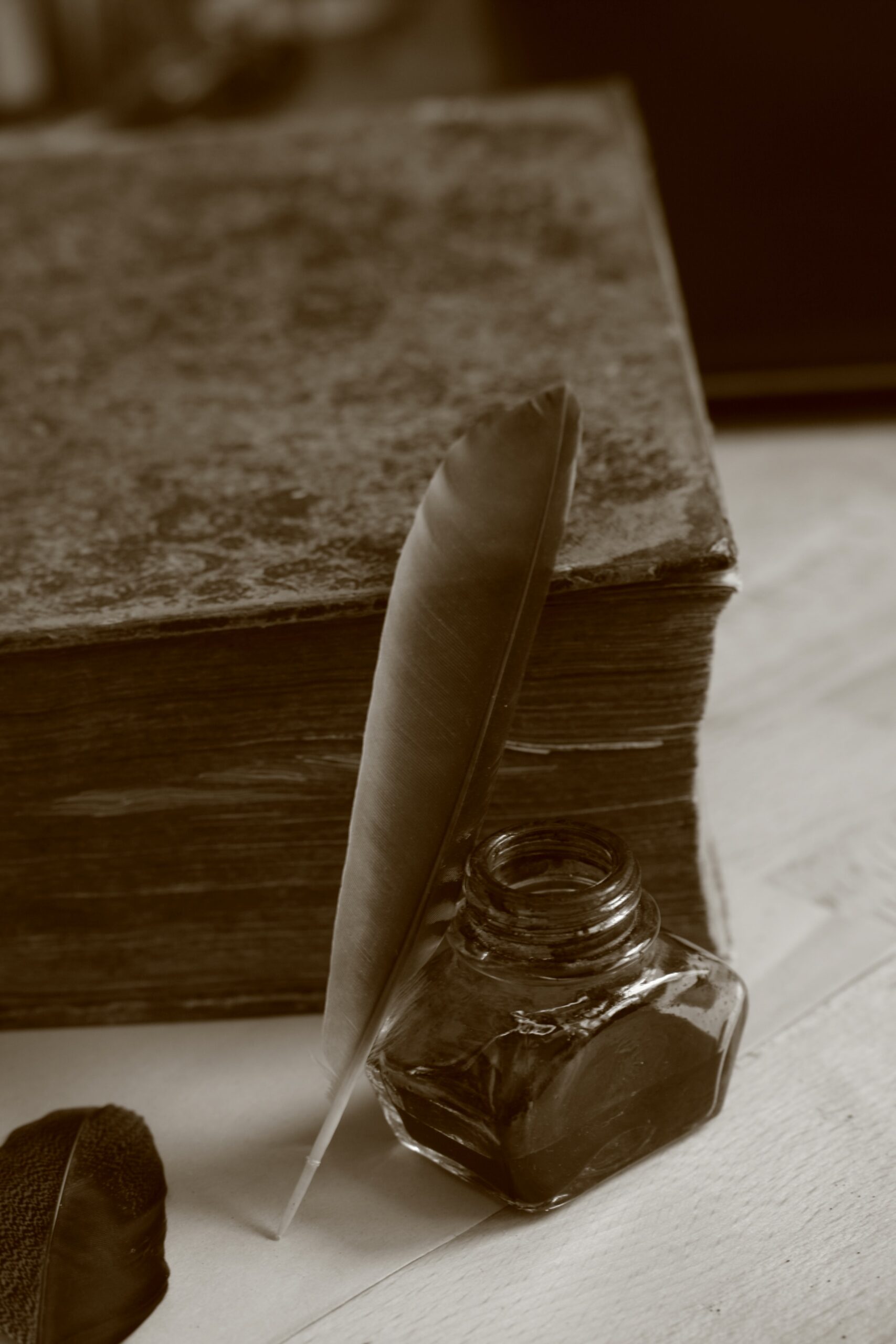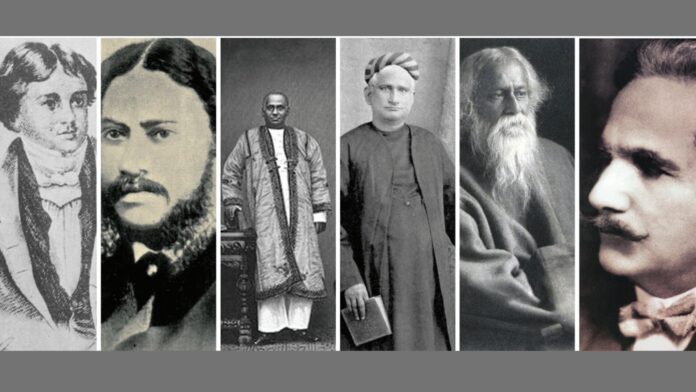By Somjyoti Mridha
Indian English Poetry, as a genre, has regained its primacy in the digital age that began as furtive literary pursuits by maverick individuals striving to express in the coloniser’s language during the early 19th century. Colonial modernity ushered in by colonisation gave impetus to education in English in the Indian sub-continent, which in turn, facilitated the efflorescence of Anglophone literature written by Indians. British Romantic poetry left an indelible mark in the Indian psyche and the romantic strain continued to survive in Indian poetry long after it lost its currency in Great Britain. Layman understanding of poetry continues to be the Romantic definition of poetry conceptualised as, “spontaneous overflow of powerful feeling…from emotion recollected in tranquility.”
Romanticism, coupled with nationalism, continued to be the dominant theme of Indian poetry in English and the regional languages during the colonial period. While the genre of novel has been mostly associated with aesthetic validation of the political category of nation/nation-state, poetry played a stellar role in the Indian context.

The articulation of India as a nation most likely began with Indian English verses penned by the young and vibrant Henry Louis Vivian Derozio in poems such as To India – My Native Land and The Harp of India written during the late 1820s. Even with the dominant romantic strain, themes of political subjugation at the hands of the coloniser remain central in these proto-nationalist verses.
Where is that glory, where that reverence now?
Thy eagle pinion is chained down at last,
And groveling in the lowly dust art thou:
Thy minstrel hath no wreath to weave for thee
Save the sad story of thy
misery! —
The sense of despondency about the state of the nation persists in poems written by the illustrious Michel Madhusudhan Dutt and other early Indian English poets. He focuses on events from Indian history where Indians had militarily encounters with foreign powers in poems such as King Porus — A Legend of the Old. Another, The Captive Ladie, may be interpreted as an allegorical poem on the political subjugation of India though the subject matter is ostensibly romantic in nature.
During the late nineteenth century, the poets from the illustrious Dutt family of Calcutta contributed to the task of imagining the nation. Poets like Shoshee Chunder Dutt expresses hope for an independent India in his poem entitled, India:
I dreamt a dream of strange and wild delight,
Freedom’s pure shrine once more illumed did seem,
And he concludes the poem with a wish that was close to millions of Indians during the colonial period, Land of my fathers! Canst though ne’er be free? The poet’s wish was fulfilled and the nation overthrew colonial yoke in 1947, ushering in an era of all round progress and development without compromising its sovereignty. Another poet of the Dutt family, Hur Chunder Dutt also expresses a poetic wish for an independent India in his poem titled India. He claims I love thee with a boundless love,/Land of my birth and concludes on a similar strain:
…though these decay,
I see broad streaks of a still brighter day.
Poetic wish of political independence was articulated in Indian Anglophone poetry much earlier than any of the other genres of literature.
History emerged as the arena of struggle between Orientalist historians and Indian authors from the nineteenth century. Indian writers writing in English as well as in diverse Indian languages were responding to Orientalist and Colonist construction of Indian historiography.
Interestingly, creative writers were imagining the nation as early as the 1820s, long before any articulation of nationalist sentiments from the political arena. These writers were primarily responding to the colonists’ allegation of the subjugated territory lacking history and civilisation. It may seem natural that Indian intellectuals and writers articulate concerns of the nation while in the throes of colonisation.
After 75 years of robust existence, the idea of India and the Indian nation-state may seem like a natural political choice in 2022. Such was not the political reality back then. It was a superb feat of imagination to conceptualise the idea of a nation uniting the disparate regions militarily conquered by the East India Company from the detritus of the Mughal Empire. Poets like Derozio, Michael Madhusudhan Dutt and Soshee Chunder Dutt provided the overarching themes and a semblance of poetic tradition, which influenced later authors like Bankim Chandra Chatterjee and Rabindranath Tagore to compose the National Song and National Anthem, respectively.
In the absence of a concrete nation, these poets primarily focused on political subjugation, history and hope for independence in their musings on India, and occasionally, on the flora and fauna, along with the spiritual and virtuous people of the motherland. There wasn’t much difference between the themes of Indian English poetry and secular poetry written in the Indian languages during the 19th century.
The cultural osmosis between Indian English literature and literature in diverse Indian languages gradually underwent a process of decay by mid-twentieth century coinciding with political independence – English emerged as an elite language in post-colonial India – this schism has become starker with the advent of globalisation and liberalisation of the economy since the 1990s.
Indian English poetry has become an exclusive domain of the Anglophone elite in contemporary times. It remains somewhat alienated from the concerns of literature produced in Indian languages in recent times, thereby, contributing to the general oblivion of the genres’ stellar nationalist contribution. The Government of India is celebrating the 75th anniversary of Indian independence under the initiative of Azadi Ka Amrit Mahotsav.
Why not celebrate these poets for their contribution in the imagining of our glorious nation on this auspicious occasion?
(The author teaches at the Department of English, NEHU. Shillong. His areas of interest are Post-Colonial Studies, Ideas of Nation and Nationalism and Indian English Literature)


